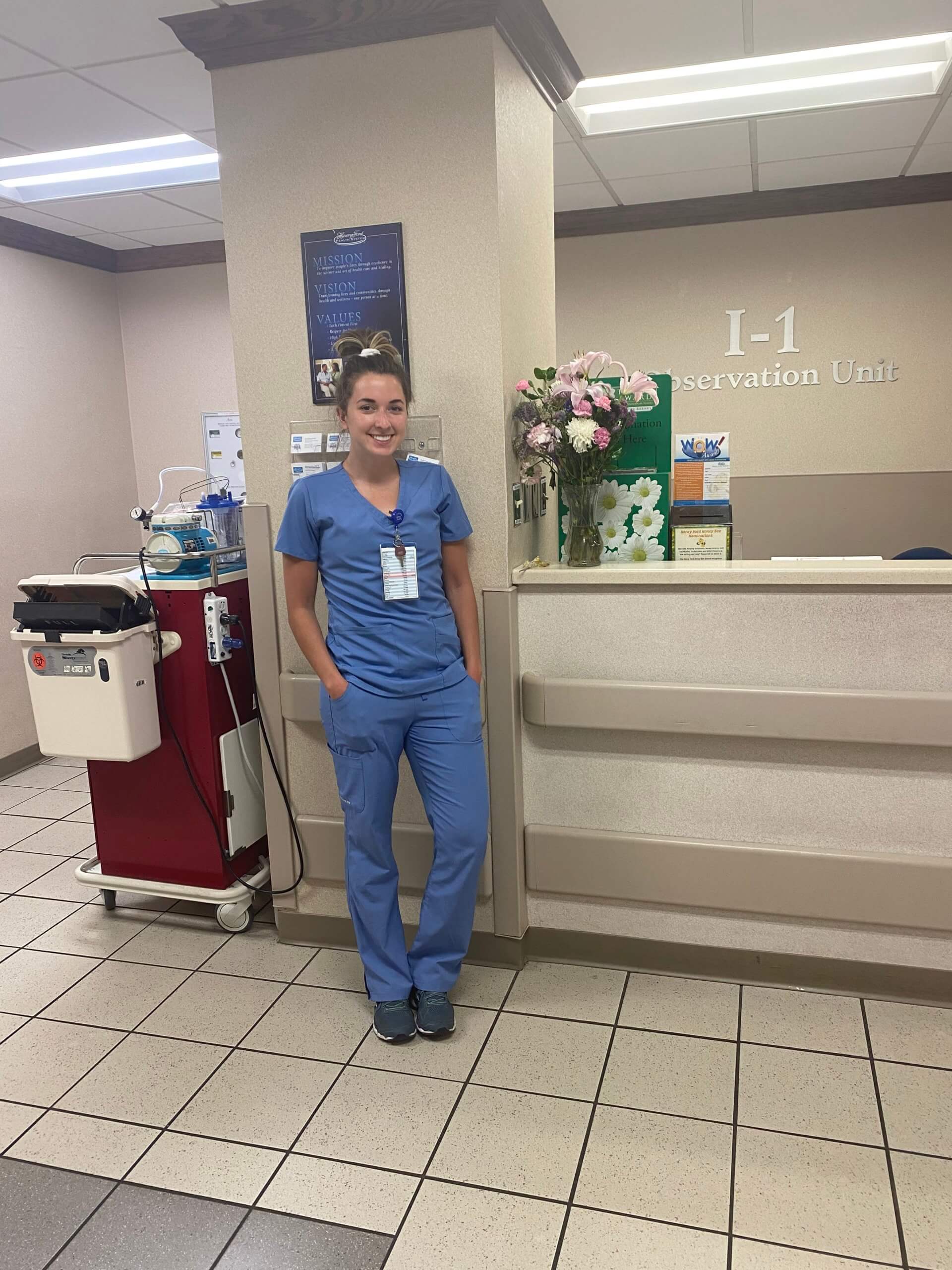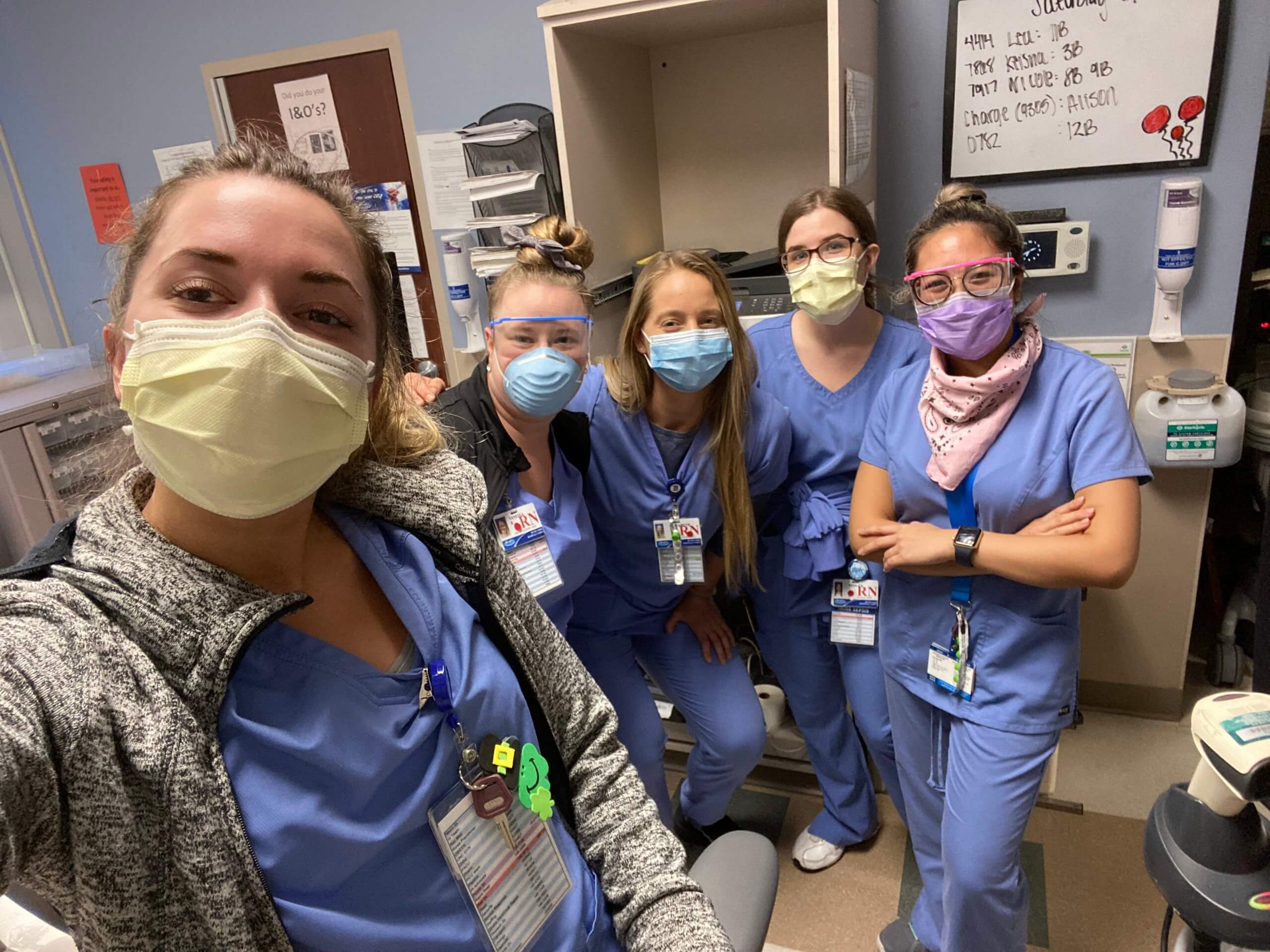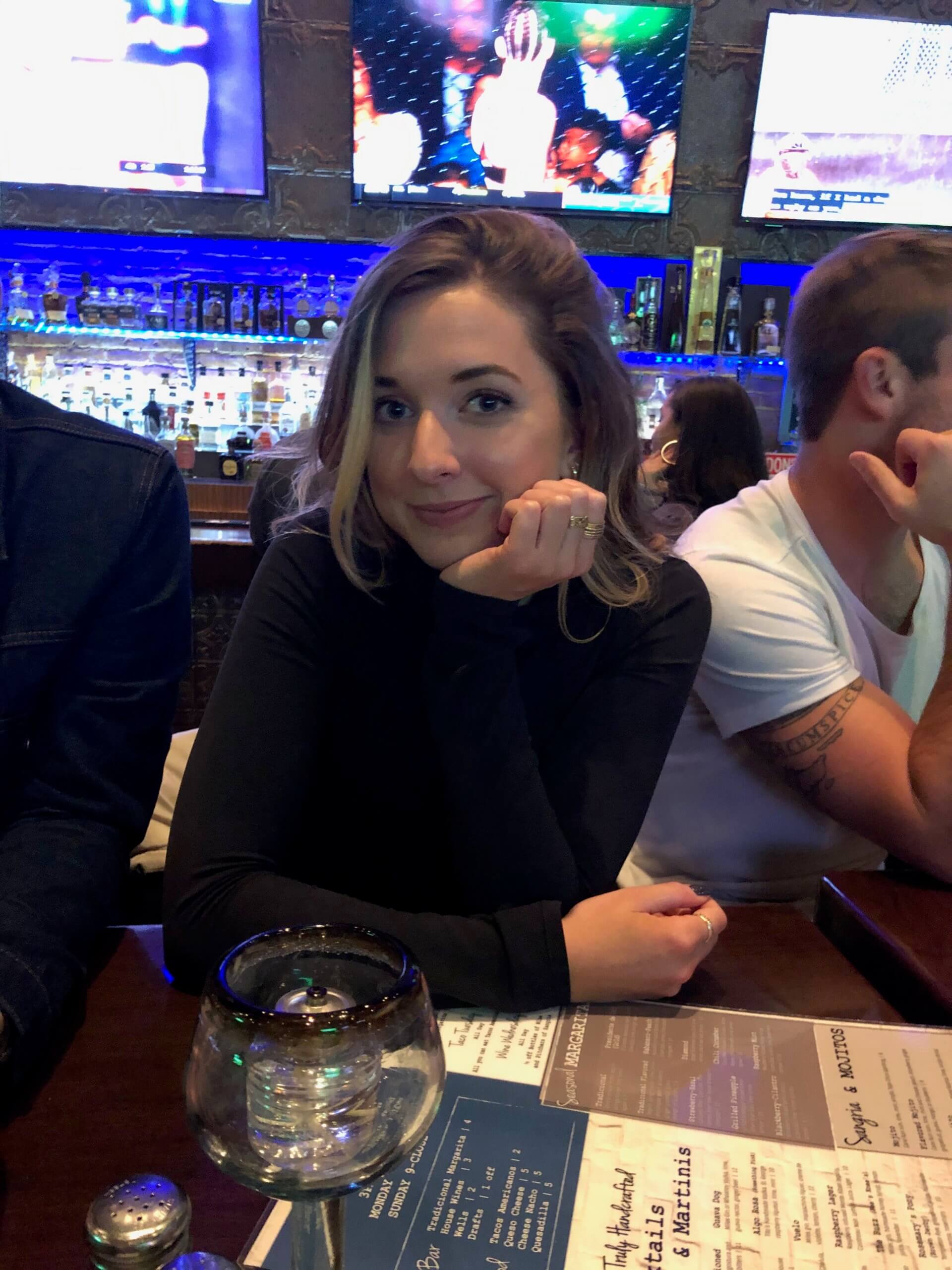Healthcare Heroes: Alison Robinson… Healing, Loss, & Recovery

 Alison Robinson, is a Registered Nurse at Henry Ford Hospital in Detroit. She attended the University of Windsor which allowed her direct admission to the School of Nursing, unlike the majority of universities here in the US. After a grueling, demanding 4 years of study, she now works in the Observation Unit at Henry Ford handling overflow from ER.
Alison Robinson, is a Registered Nurse at Henry Ford Hospital in Detroit. She attended the University of Windsor which allowed her direct admission to the School of Nursing, unlike the majority of universities here in the US. After a grueling, demanding 4 years of study, she now works in the Observation Unit at Henry Ford handling overflow from ER.
What drove you to a career in nursing?
Nursing allows me to make a difference in people’s lives and work with patients during difficult times. I am always learning from working with the different populations we serve. The multitude of health issues challenges me to come up with a diagnosis and each case is different. I wanted a job that offers variety…always doing different things.
Given the current pandemic and being in a “hot zone” (Detroit), how has this changed your view/perspective on your chosen career?
When you first start in your career, it’s easy to have a lot of confusion…but this has really solidified my decision to be a nurse. I actually got sick with COVID-19. I wanted to stay on the job but couldn’t, and it was tough not being there helping people. This is my 14th day in isolation with no symptoms for three days, so I can go back to work Monday.
How will you use your recent illness to help patients?
The number one thing I am taking away is that life is short and precious. Since we are young, we think we are invincible. I’ve developed a deeper understanding of what patients are going through and will be more sympathetic toward them.
How are you finding your way in this new normal both personally and as a professional (RN)?
It’s been tough with so much confusion and a lot of unknowns. I am good about putting emotions aside and keeping focused. It helps that my co-workers and I are very close, and we have banded together to help these people.
Regarding team collaboration, how does this help you look forward?
Teamwork is very, very strong in my unit and makes my work so much more enjoyable. If my assignment changes to another unit where teamwork is weaker, I will make sure to embrace the team and be a leader for them.
How has your personal experience with COVID-19 changed your perspective, both personally and professionally?
Since I was diagnosed with COVID-19 I have so much more empathy and understanding of the impact this virus can have on a person. I will use this knowledge and experience to continue to be a better nurse and team member. Although my case of the virus was mild, it gives me a different perspective from those who haven’t personally been impacted.
What are the critical leadership elements you have learned from your mentors or leaders that you desire to emulate? What leadership behaviors have you observed, or you try to practice, given COVID-19 experiences?
I owe everything I know to Lisa Ewald, who was a nurse who recently passed away. When you start your career in nursing, you get paired with a senior nurse. I learned more from her in five weeks than the four years of nursing school. She had excellent critical thinking skills, demonstrated leadership, and was super compassionate, especially towards homeless patients. She was a team player and stressed the importance of this. Becoming a charge nurse early in my career, and with Covid-19, it’s been tough during this exceptionally stressful time. Recalling her compassion and insistence on teamwork, keeps me emotionally strong and focused on getting these patients healthy.
What message would you like to communicate to other early-in-career professionals in healthcare and other areas?
Generally, for any new professionals, I would say be confident. No one knows what they are actually doing at first, so look to your senior employees for guidance. For nurses particularly, be brave and compassionate, but not over-confident. Always look for new information and technology, and use your senior nurses for information.
 Do you feel it is important for women to support one another? Is your response different from what you would have said before the pandemic? How might women best support one another?
Do you feel it is important for women to support one another? Is your response different from what you would have said before the pandemic? How might women best support one another?
It is definitely important for us to support each other because we go through similar things as women. Nursing is a very emotional job, and you see a lot of hardship. I’m lucky because we are a very tight-knit group on our floor and are really connected with each other. We need to support both male and female employees during this COVID-19 situation…we all need to be supported right now.
Any advice for leaders outside of healthcare that you feel is best to balance that emotion?
Take advantage of your off days. Some professions can bring work home… in nursing you really can’t. But you do bring home emotions of the day, so it’s important to find a hobby. I love to work out to relieve stress and turn my mind off. If you aren’t taking care of yourself, you cannot take care of your patients in the best way.
How critical is it to leverage compassion, even in the business world?
Key is knowing your co-workers and when they are stressed and need support. Reach out and touch base on how they’re doing and if they need something.
If you could develop a hashtag about your career what would it be and why?
#healthcareheroes Everyone who is working in this pandemic are heroes.
If you could offer one piece of advice for the nurses graduating this year, particularly because of the days in which we are living, what would it be?
You are working with a very vulnerable population. Treat patients like they are the ones you love the most in this world. Currently, relatives are not allowed in hospitals and nurses are taking the role of support for people in their last days of life. It is draining. Take care of yourself because you have to in order to be a good nurse.
Is there anything you would like to share about your future plans and why you chose this new path?
Nursing has many paths, and you don’t realize it until you start working. I have thought about Nurse Practitioner or a Certified Nurse Anesthetist. Actually, I am starting Travel Nursing in June taking on 13- week contracts where you pick the city/state and take on the position of maternity leaves, short-term or long-term disabilities, or just in short-staffed hospitals. There’s great opportunity and variety moving among states and hospitals…with my top being North Carolina, Maryland, or Massachusetts.
What have you learned to help with change and agility?
This pandemic has taught me to handle change quickly. With COVID-19, protocol changed every ½ hour, and we had to be flexible. This will help me transition to Travel Nursing. Also, after graduating, and being thrown into new nursing situations, I learned how to step up to the plate and be ready for anything.
What one piece of advice do you have for veteran nurses who have become complacent? They have difficulty with change and agility sometimes.
Take every advantage to do what makes you happy. Life is short, and there is so much to see and do.
Anything you would like to share?
My younger sister, Emily, is in her 2nd year of nursing school, and we have discussions regarding career path choices. She needs to investigate and choose wisely. Nursing requires trust, and she can’t second guess. Now she’s excited about a nursing career because there are so many different opportunities awaiting her in the future. In reality, I continue to warn her about what is going on right now and the need to be strong.